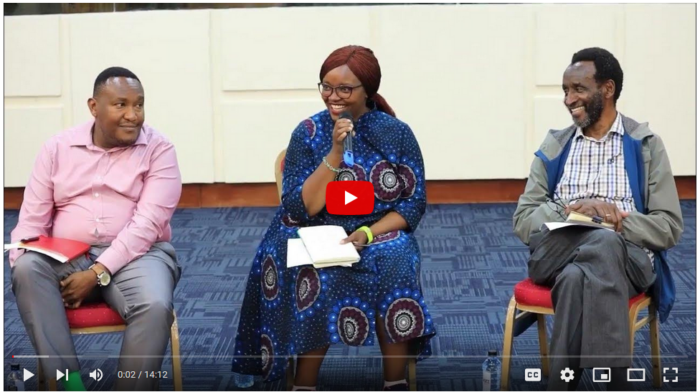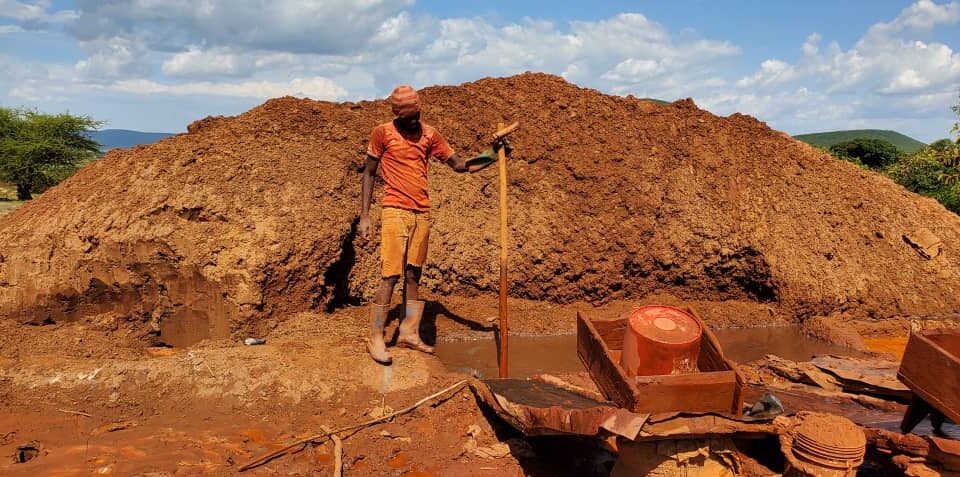Southern philanthropy is rising and changing how the wealthy give

People at the centre of humanitarian aid. Mission possible?
May 31, 2016
How can humanitarian aid be more effective? Ask the locals
July 28, 2016About ten years ago I used to work on a demobilisation and reintegration programme for former child combatants in the Democratic Republic of Congo. The job of reuniting these children with their families and helping them find an alternative to holding a Kalashnikov was already a major challenge in itself. Rarely would it get more complicated than when a global personality would come visit the children in the interim care centres where they were staying or publicly launch a new initiative in their favour.
I vividly remember one such episode in Kisangani, Eastern Congo. A famous popstar had just flown from London to visit the centre in town and talk to the children, causing much excitement, but also resentment, from the surrounding community. Why was the popstar only interested in former child soldiers? As much as people understood that these children had been forced to fight and kill, they were concerned that all the attention they were getting would send the wrong signal to the other kids in the community – those who had never committed a crime and yet were completely ignored.
Before leaving, the popstar decided to give a new pair of gym shoes to each of the children staying at the centre. Next thing I knew, a riot broke out between the kids at the centre and those in the community. Can you guess why?
Fast-forward to today and philanthropy towards Southern communities is a lot more varied. For a start, it is increasingly homegrown. Hundreds of private foundations have sprung up around the world, including in developing countries themselves. Many of these foundations are still struggling with the same stereotypical, top-down approach I witnessed in Kisangani, but others are pioneering new approaches to giving, based on listening to local concerns more than on celebrity hype.
Asian philanthropy, for example, relies on the rising number of wealthy individuals rather than on corporate or community giving. A recent gathering of Asian philanthropists looked into the reasons why these people give and found out that they still tend to focus on individual charity, rather than try to solve social problems more strategically. (Incidentally, there is a lot of confusion about charity, philanthropy and social responsibility globally. I wish we clarified these concepts once and for all). At the same time, it was found that Asian philanthropists often value trust and relationships more than their Western counterparts, who tend to focus on more formal ways of ensuring transparency. Openly admitting failure is also a particularly hard thing to do for Asian foundations.
Latin America puts a different spin on philanthropy by focusing on private social investments and social innovation, especially in Brazil. A pressing issue there is to identify the most appropriate business model for advancing nonprofit causes.
Africa, for its part, is seeing impressive progress in both volume and quality of its philanthropy. The African Philanthropy Forum, established only a couple of years ago, already tackles issues like social entrepreneurship, access to affordable capital, and women’s empowerment. Tsitsi Masiyiwa, the Executive Chair of Zimbabwe-based Higher Life Foundation, sounds remarkably innovative when she sums up the reasons behind her decision to give:
Eliminating language and culture barriers, identifying with the community, listening to the people we are supposed to serve: these are the key elements of Masiyiwa’s approach to helping local communities. Once you add capital and high-level contacts, you have a powerful force for social change that can take the global stage. Earlier this year, Higher Life Foundation struck a three-year partnership with Yale to help 900 students from Zimbabwe, Rwanda and Ghana pursue their studies at top US universities. Similarly, the Murtala Muhammed Foundation has partnered with the Cherie Blair Foundation to support mentorship of women entrepreneurs in Nigeria.
These homegrown foundations are not just channeling funds in support of people living in poverty. They are designing interventions in their own continent, promoting global action, and reaching out directly to those big institutions, like Yale, which used to be the prerogative of Northern fundraising efforts. We are witnessing the beginning of an era when Southern philanthropy takes centre stage and gains more influence over the global development agenda.
Whether Southern philanthropists go for collaboration or competition with their Northern counterparts remains an open question. In the meantime one thing is certain: they have started to shake things up.
Photo courtesy of the African Philanthropy Forum




